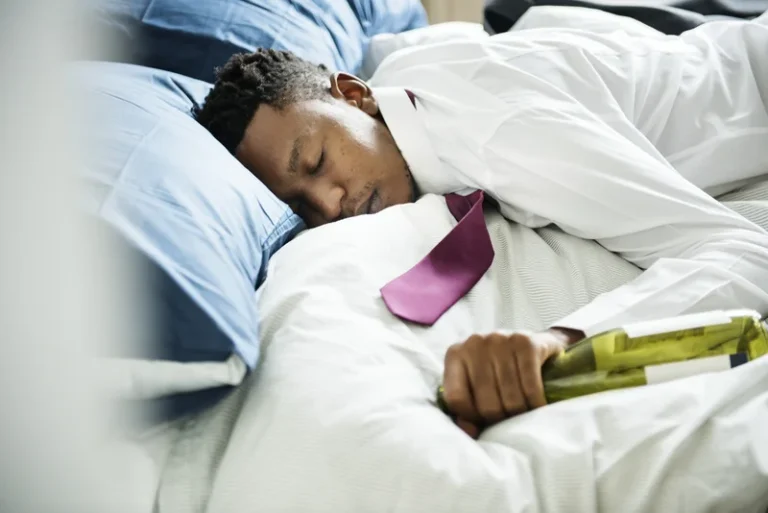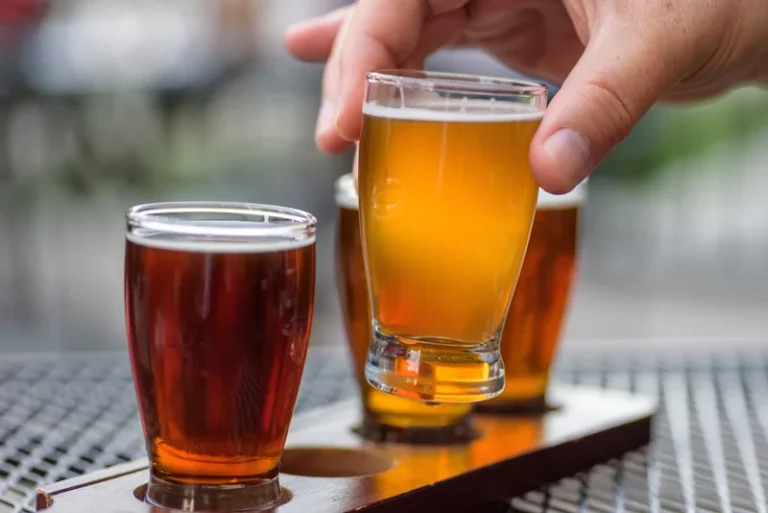
Seniors should be patient and persistent as they work towards improving their mental health. Remember, seeking help is always a sign of strength, and there are many resources available to seniors in need. But what exactly happens to the brain when a person who regularly drinks goes cold turkey — even for a short while? For one, most research related to brain changes after alcohol use has studied the brains of heavy drinkers or people who misuse alcohol and then become sober.

Aim for a Balanced Diet
The Massachusetts Center for Addiction offers comprehensive treatment programs that blend evidence-based therapies with personalized care. This approach supports recovery and empowers individuals on their journey toward healing and sobriety. alcohol withdrawal brain fog As brain fog is common after COVID-19 infections, getting the COVID-19 vaccine is beneficial to reduce your risk. If you have low blood sugar (hypoglycemia), you can feel dizzy, lightheaded, foggy or nervous and unable to concentrate.

Go easy on the caffeine and alcohol
Chronic alcohol abuse can also lead to long-term memory problems and cognitive decline. Heavy drinking alters nerve cells and makes them smaller than normal, which can have severe, lasting effects on your brain. Research has shown that there’s no safe level of alcohol consumption. Even low levels of alcohol consumption can harm your health, and high levels have even worse effects. Read on to learn how alcohol affects the brain in the short- and long-term.
When should brain fog be treated by a healthcare provider?

Blaire Bernard, JD, is an experienced healthcare lawyer who has focused her career on supporting providers whose mission is to expand access to value-based care. Megan has provided care in various settings over the last 15 years, working in clinics, telehealth, home health and skilled nursing facilities. She is compassionate about patients of all ages, but seniors hold a special place in her heart. She provides the education, resources and support that her patients need to stay active and healthy. With 15 years of experience, Tam has a wealth of knowledge and skills.
- The fulfillment she gets from talking to her patients reinforces her belief that she chose the right career.
- Or, find rehab facilities near you right now to get started on your journey towards recovery.
- If you or someone you know is experiencing symptoms of alcohol-related brain fog, seeking help and support from a qualified healthcare professional is vital.
- Before we look at alcohol’s role in brain fog, let’s take a moment to define brain fog.
- WelbeHealth participants appreciate her attention to detail, focus on educating and encouraging words.
Care and Treatment
- Alcohol can interfere with forming new memories, a process called memory consolidation.
- Additionally, it’s essential to avoid alcohol and other substances that can worsen brain fog symptoms.
- Drinking heavily can also impair your cognition by affecting your diet and vitamin absorption.
- He has led teams and networks that deliver highly coordinate care to some of our most vulnerable community members.
Sunnyside is the leading alcohol health platform focused on moderation and mindfulness, not sobriety. On average, members see a 30% reduction in alcohol consumption in 3 months, leading to improved sleep, diet, and overall wellbeing. Even low levels of alcohol can cause a surge of dopamine in the brain, making you feel wonderful – until it drops off as the alcohol digests and you feel worse. But dopamine-containing neurons are activated by motivational stimuli, and drinking can easily become that stimulus. So when you’re managing stress or anything to do with your mood, you can be sure that dopamine is involved. It even helps to protect your gastrointestinal lining and works with your immune system – it’s everywhere!
Susan is a deeply experienced PACE and senior care leader, having previously served as Director of PACE at Franciscan Alliance and Deputy Director at Indiana Division of Aging. Elizabeth Carty is an expert in the highly successful PACE model of care. Chioma is a passionate and dedicated Geriatric Nurse Practitioner with five years of nursing experience in critical and transitional care. She is known for taking new hires and students under her wing, teaching them what she’s learned. When not working I enjoy… working on my chili pepper and tomato garden with my family and creating delicious meals with them and for them.
Just be sure to avoid sugary drinks as they can actually worsen brain fog. If you’re looking for ways to get rid of alcoholic brain fog, you’re in luck. There are a number of things that you can do to clear your head and feel better. Many people with brain fog also feel fatigued — both mentally and physically. It’s almost as if there’s a layer of film in our mind that prevents our brain from working as well as it normally does. This article will dive deeper into what brain fog is, how it’s related to alcohol, what the symptoms of it are, and much more.
More in Healthy Living
It can also help manage symptoms of alcohol withdrawal, such as brain fog, for a more successful recovery journey. Brain fog is a common symptom of alcohol withdrawal that can occur after quitting alcohol. It is characterized by difficulty concentrating, confusion, and difficulty remembering things – all of which can be motivating signs that you are on the right track to a healthier lifestyle. Others may have a hard time sticking to this limit due to genetics, stress, and other risk factors. Research has found an increased prevalence of AUD and heavy drinking, primarily among women. Talk to a healthcare provider if you have a history of addiction or dependence.
Overcoming mental fog: a gradual process:
Aerobic exercise is any type of activity that gets your heart rate up and makes you breathe more heavily. However, too much caffeine can also lead to dehydration, so make sure to drink it in moderation. It can make it difficult for you to focus, remember things, or even have a conversation. Our rehab directories https://ecosoberhouse.com/ tool makes it simple to find a rehab that meets you or your loved ones needs best by using different search criteria to accomplish that goal. You can easily type in your location to find treatment centers near you, or browse other facilities throughout the nation that provide the services you are looking for.